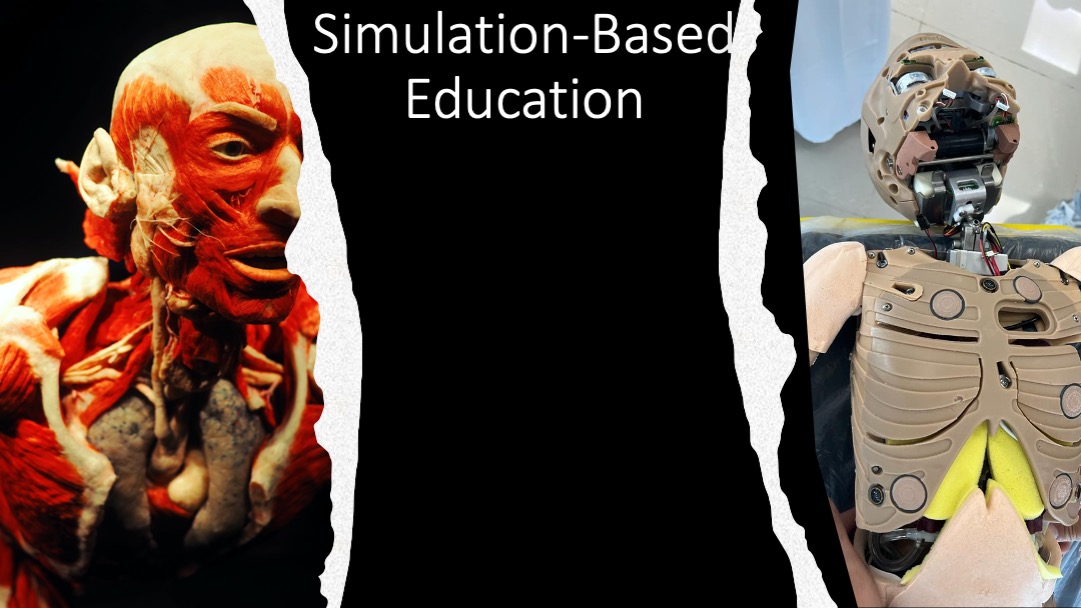
Healthcare Simulation
A technique that uses a situation or environment created to allow persons to experience a representation of a real healthcare event for the purpose of practice, learning, evaluation, testing, or to gain an understanding of systems or human actions; the application of a simulator to training, assessment, research, or systems integration toward patient safety (SSH Accreditation 2014).
Education
Facilitate the simulations based education or learning requires knowledge of teaching and learning theories, students learning styles as the simulation aims to move your learners from passive to experiential learning by utilizing the students-centered approach.
Assessment
The need for evidence that learning has occurred becomes mandatory for individuals, departments, and institutions(Scalese & Issenberg, 2008). Through assessment, We can measure the outcomes for one learning domain or all of it (Knowledge, skills, and Affective).
Systems Integration
The Society for Simulation in Healthcare defined Systems integration as "the integration of simulation into institutional healthcare training and delivery systems".
Research
Simulation in Healthcare is a youth field. Therefore, it is acceptable to have some agreements and disagreements. And during the last 25 years, innovation and best practices have changed the arena, but there is still a lot we can do to make our practice, knowledge, and, eventually, patients safer. RESEARCH can do this.
Resources
Simulationists have always been busy running the sim-based education sessions, courses. There is no time to grab the needed knowledge. Therefore, What the best idea to get a quick reference for what Simulationist needs.

